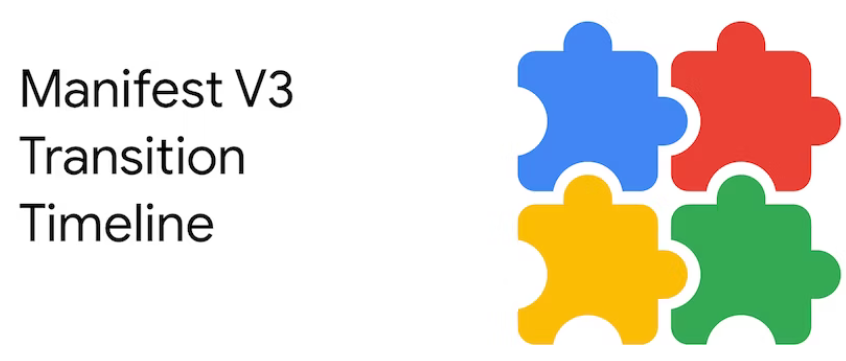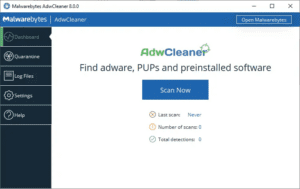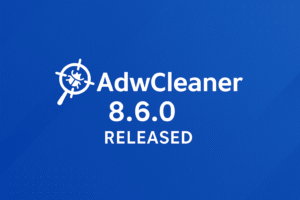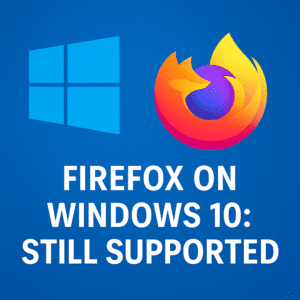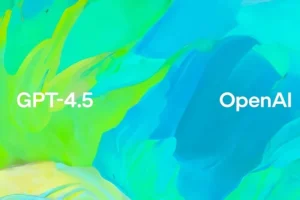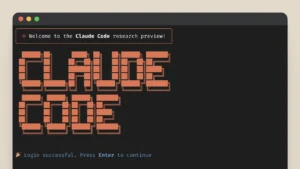In the ever-evolving landscape of Chrome extensions, one tool has stood out for its prowess in blocking intrusive ads and maintaining user privacy: uBlock Origin. However, recent news from Google regarding the transition to Manifest V3 spells a significant change for this beloved extension and others like it.
The confirmation that Manifest V2 extensions, including uBlock Origin, will be disabled in mid-2024 has sent ripples across the online community. It’s a pivotal moment, and understanding the implications of this transition is crucial for users and developers alike.
The journey towards Manifest V3 commenced with Google’s pause in the deprecation of Manifest V2, acknowledging and responding to the feedback from developers. This interval allowed Google to refine Manifest V3, focusing on improving functionality and addressing migration concerns.

However, the path to Manifest V3 hasn’t been without its challenges, especially concerning extensions like uBlock Origin. Users and developers expressed concerns about potential limitations and the impact on their browsing experience. The transition timeline loomed, leaving many wondering about the future of their favorite ad-blocking extensions.
Google’s commitment to privacy and security in Manifest V3 remains at the forefront of this transition. The enhancements introduced aim to elevate the extension platform’s capabilities while ensuring a more secure browsing environment. Features like Offscreen Documents, improved service worker control, and content filtering support have been key focal points in narrowing the gap between Manifest V2 and V3.
Despite Google’s efforts to bridge functionality gaps and address concerns, the impending shutdown of Manifest V2 extensions, including uBlock Origin, has been a point of contention. The phased approach to disable Manifest V2 extensions starting in mid-2024 has prompted users and developers to seek clarity and alternatives.
For users who rely on uBlock Origin and similar extensions, the looming shutdown may raise questions about their browsing experience and privacy protection. The recommended migration to Manifest V3 for developers has triggered discussions about the viability of maintaining the same level of ad-blocking efficiency and user control.
While the future of uBlock Origin within the realms of Chrome seems uncertain, the transition to Manifest V3 signifies a broader commitment from Google to a more secure and privacy-oriented extension ecosystem. It’s a transformative period, sparking conversations about the balance between user empowerment and platform security.
As users and developers navigate this transition, seeking alternatives or evaluating the impact, the spirit of innovation and adaptability in the tech community remains resilient. The dialogue between users, developers, and Google continues, shaping the future of Chrome extensions.
The impending changes signify a pivotal moment not just for uBlock Origin but for the broader landscape of Chrome extensions. While uncertainty looms, it’s a testament to the dynamic nature of technology and the continuous pursuit of a safer and more user-centric browsing experience.
There’s speculation within the tech community that this move could potentially drive more users toward alternative browsers like Firefox. The increased emphasis on privacy and user control in browser choices amid these transitions might prompt users to explore alternative platforms. This shift highlights the evolving dynamics of browser preferences amidst concerns for extension functionalities and user privacy.
Stay tuned for further updates and insights as we navigate through this transformative era, where the fate of uBlock Origin and other extensions intertwines with the evolution of Chrome’s extension ecosystem.

Founder of ToolsLib, Designer, Web and Cybersecurity Expert.
Passionate about software development and crafting elegant, user-friendly designs.
Stay Updated with ToolsLib! 🚀
Join our community to receive the latest cybersecurity tips, software updates, and exclusive insights straight to your inbox!
